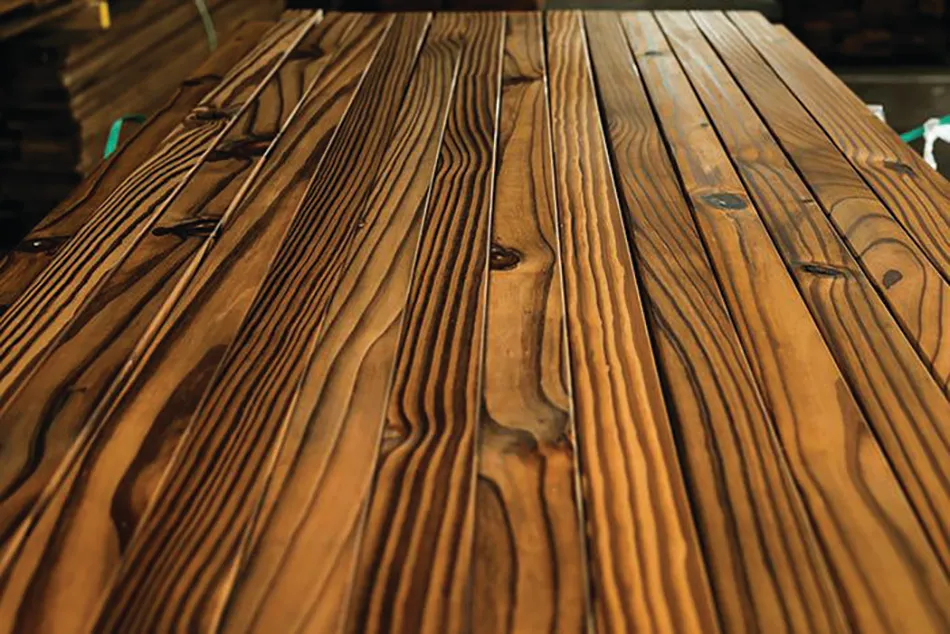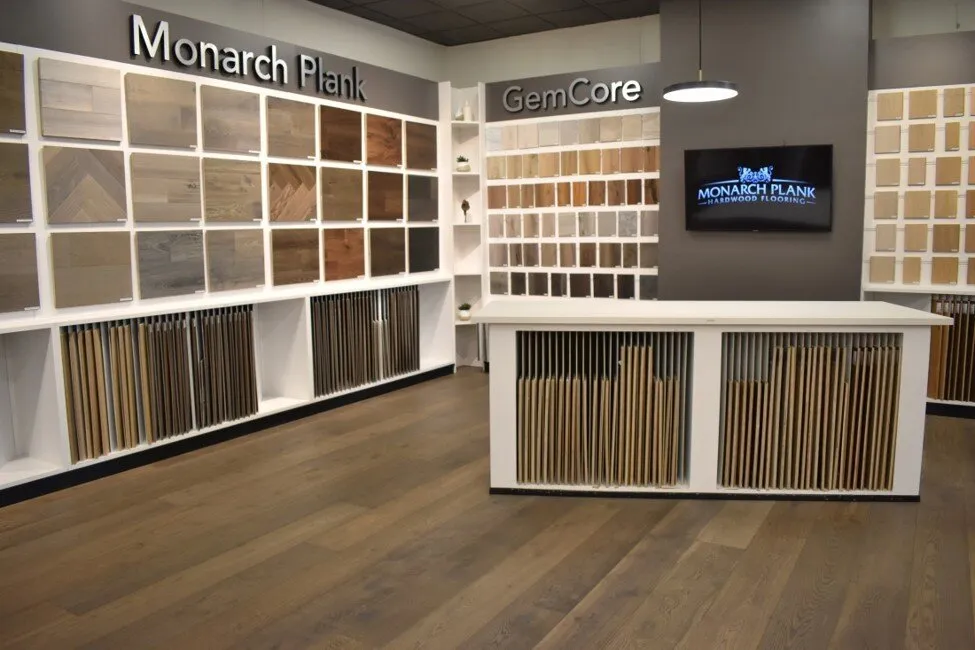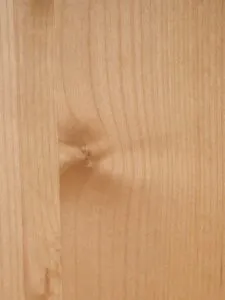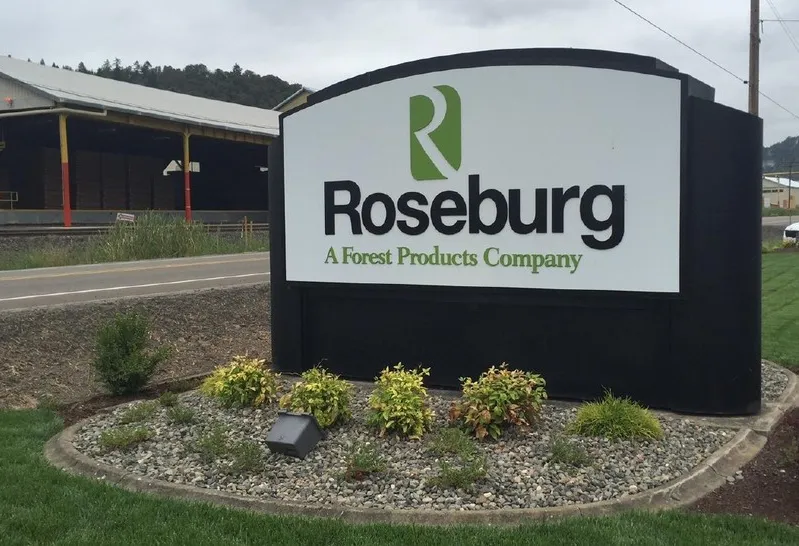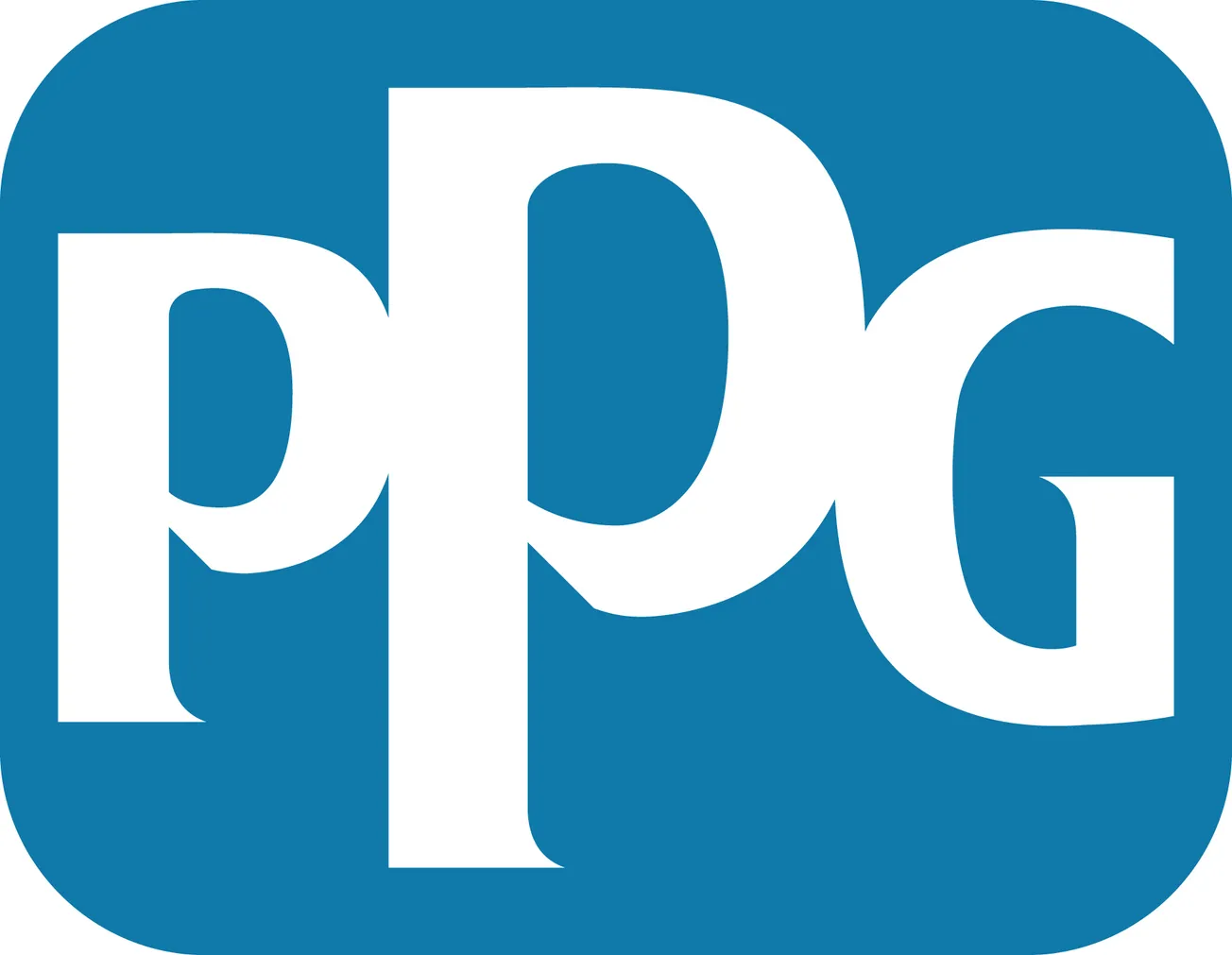Table of Contents
Imported plywood panels continue to appear in U.S. markets from Brazil, China and other countries. Many of these panels bear trademarks that state compliance with U.S. Voluntary Product Standard PS 1, Structural Plywood. However, tests on Brazilian panels conducted at APA – The Engineered Wood Association in 2017 and 2018 indicated that these panels might not meet the all prescribed requirements of the designated species grouping or the referenced Span Rating for roof sheathing as defined in the standard.
Structural softwood plywood panels from Brazil into the U.S. totaled 721 million ft. in 2017. Generally, these panels were manufactured using veneers of wood species grown outside of North America. Many imported panels never undergo product qualification testing. Without such tests, it is impossible to determine how the panel will perform for the intended use.
As an internationally accredited testing laboratory, product certification organization, and independent product inspection agency, APA conducted a series of tests on nine sets of Brazilian plywood imported from seven manufacturers. The tests were completed at the APA research center in Tacoma, Wa., from July 2017 to April 2018. The plywood panels were sampled from multiple distribution yards in the United States. All panels tested were trademarked as PS 1 Structural Plywood. The tested plywood failed to meet the PS 1 bending stiffness requirements for Group 1 by a margin of 23% to 55%. For Span-Rated plywood sheathing, the tested plywood failed to meet the required 0.2-inch deflection criterion for roof-48 Span-Rated panels at 35 psf by a margin of 15% to 41%.
Previously, APA conducted tests on imported hardwood plywood panels from China and Brazil up against the PS 1 in 2007. Test results indicated inferior mechanical and connection properties, severe failure to bond durability, and only one tested sample had met the formaldehyde limits imposed by the California Air Resources Board when compared to domestic plywood certified to PS 1.
Failure of these imported panels on the job site could costs thousands of dollars in lost time, wages and materials. Safeguard your project by using materials you can rely on. By specifying APA-rated panels for your building needs, you can count on a quality product that works as hard as you do.
The APA Mark of Quality ensures that your engineered wood purchase is of the highest possible product quality. APA’s trademark appears only on products manufactured by member mills and is the manufacturer’s assurance that the product conforms to the standard shown on the trademark. APA has an extensive history in building codes and standards development activities. These standards are internationally recognized and time-tested. Voluntary Product Standard PS 1-09, Structural Plywood, Form L870, and Voluntary Product Standard PS 2-18, Performance Standard for Wood Structural Panels, Form S350, provide requirements for producing, marketing and specifying structural plywood, overlaid panels and oriented strand board (OSB) for construction and industrial uses.
APA-trademarked panels are manufactured under the most stringent, state-of-the-art quality assurance programs in North America, the APA Quality Services programs. Panels are available through a nationwide distribution network to ensure a consistent supply. Approximately 100 mills in North American manufacture these panels while hundreds of distribution centers throughout the continent inventory a wide selection of these products. Panels are available in a variety of surfaces and sizes to suit your job needs. To find an APA member manufacturer, please visit www.apawood.org/manufacturer-directory.


